As Detroit continues its upward trajectory as a hub of innovation and community revitalization, its commitment to creating world-class green spaces has never been more evident. In 2025, the city is on track to unveil transformative projects that will enhance connectivity, accessibility, and the natural beauty of its parks and trails. Anchored by initiatives such as the Belle Isle improvements, the completion of the Ralph C. Wilson Jr. Centennial Park, and the expansion of the Joe Louis Greenway, these developments reflect a vision for a more vibrant and sustainable Detroit.
This ambitious series of projects is not only enhancing the city's green infrastructure but also reshaping the urban landscape in ways that are inclusive and forward-thinking. From ecological restoration to integrated trail systems, Detroit is setting a new benchmark for urban redevelopment.
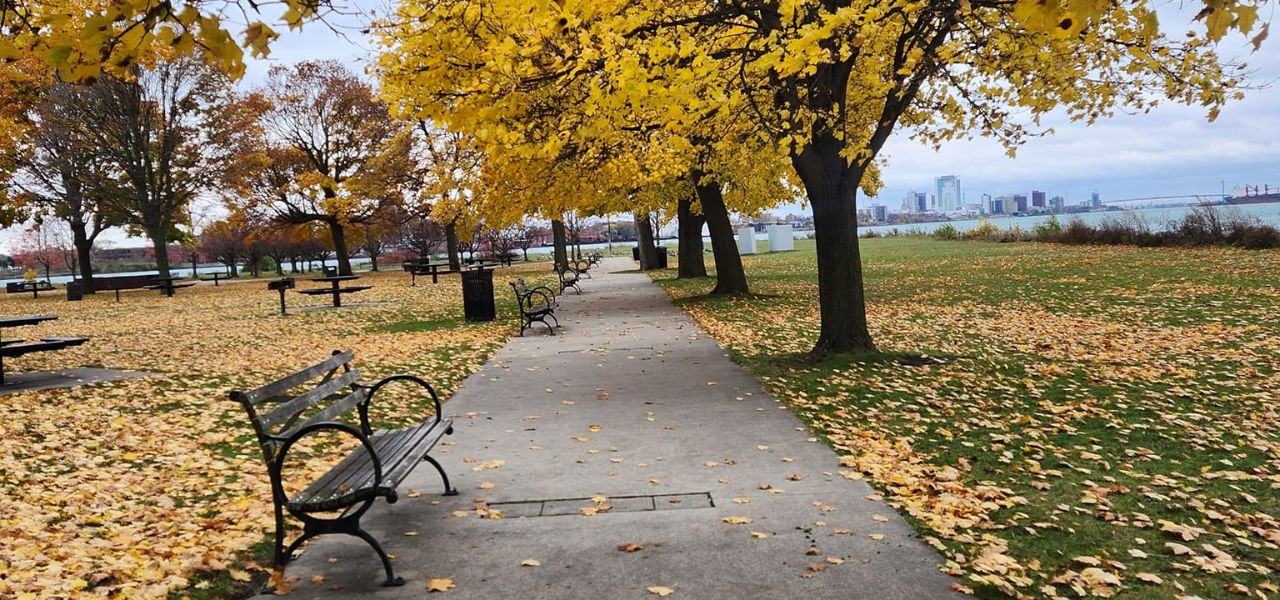 Belle Isle Park - Michigan, Facebook
Belle Isle Park - Michigan, Facebook
Belle Isle: Preserving History, Embracing Progress
Belle Isle, a treasured Detroit landmark, has long been synonymous with natural beauty and recreational opportunities. Recent renovations and upgrades signal a significant chapter in its storied history. The Anna Scripps Whitcomb Conservatory, a crown jewel of the island, reopened in December 2024 following an extensive two-year renovation. This iconic structure, with its distinctive domed ceiling, has been meticulously restored, ensuring it continues to serve as a cultural and botanical centerpiece.
Complementing this architectural renewal is the Oudolf Garden Detroit, a project seven years in the making. Completed in October 2024, the garden showcases lush meadows and native plantings, accessible via a picturesque boardwalk. Designed by renowned Dutch garden designer Piet Oudolf, this space exemplifies the harmonious blend of art, nature, and functionality.
Ecological improvements across Belle Isle further underscore the island’s transformation. The flatwoods—200 acres of ecologically significant woodland—have undergone restoration, with new boardwalks and trail enhancements allowing visitors to explore this serene habitat. These improvements, accessible through the Belle Isle Nature Center, reflect a broader commitment to environmental stewardship and public enjoyment.
A major milestone for Belle Isle in 2025 will be the completion of the first leg of the Iron Belle Trail, a statewide project linking the southernmost point of Michigan to Ironwood in the Upper Peninsula. The Ralph Wilson Jr. Trail, a 5.8-mile path encircling Belle Isle, is nearly complete, with the final segment on the island’s south side set to open by fall. This project builds on the 2022 debut of the Ralph Wilson Gateway, which serves as the southern trailhead of the Iron Belle Trail.
The island's connectivity is further enhanced by the completion of the Uniroyal site on the east RiverWalk, creating a seamless pedestrian and bike link between Belle Isle and Detroit’s riverfront. Visitor feedback from a two-year public survey has also informed plans to install wayfinding signage and shoreline bike lanes, with these additions scheduled for completion in coordination with trail work in 2025.
Looking ahead, efforts to create a centralized campus on Belle Isle are gaining momentum. This initiative aims to connect the island’s attractions through navigable paths, ensuring an integrated visitor experience. The historic Belle Isle Boathouse is also slated for renovation, blending preservation with modernization.
.png) Ralph C. Wilson Jr. Foundation, Facebook
Ralph C. Wilson Jr. Foundation, Facebook
Ralph C. Wilson Jr. Centennial Park: A Beacon of Community
On Detroit’s west riverfront, the Ralph C. Wilson Jr. Centennial Park is nearing completion, poised to become a flagship destination for recreation and community engagement. Planned since 2018 and under construction since 2022, this transformative project reflects a collaborative effort led by the Detroit Riverfront Conservancy.
In November and December 2024, over 250 trees were planted throughout the park, signaling a commitment to urban forestry and ecological health. As warmer weather arrives in 2025, stonework and paver installation will resume, culminating in the park’s grand opening by fall.
Centennial Park’s design prioritizes inclusivity, sustainability, and connection. Key features include expansive green spaces, waterfront access, and areas for cultural programming. The park will also integrate seamlessly into Detroit’s broader trail network. Earlier riverfront improvements, such as an offshore boardwalk, will connect directly to Centennial Park, enhancing accessibility and visitor experience.
The park’s strategic location allows it to serve as a hub linking several key trails. It will connect to the Southwest Greenway, which opened in 2023, and extend to the Joe Louis Greenway and the Iron Belle Trail. This interconnectedness positions Centennial Park as a vital node in Detroit’s trail ecosystem, offering residents and visitors unparalleled access to the city’s green spaces.
.png) Joe Louis Greenway, Facebook
Joe Louis Greenway, Facebook
The Joe Louis Greenway: Bridging Communities
The Joe Louis Greenway, an ambitious 29.5-mile trail system, exemplifies Detroit’s vision for equitable and sustainable development. Named after the legendary boxer and Detroit native, the greenway aims to connect 23 neighborhoods and nearby cities, including Highland Park, Dearborn, and Hamtramck, to the Detroit Riverfront.
A transformative $20.7 million federal grant awarded in July 2024 has accelerated progress on key segments of the greenway. This funding will facilitate the construction of a two-mile section along Woodmere Street, from Fort Street to Vernor Highway in Southwest Detroit, and another segment along Dequindre, from Mack Avenue to Warren Avenue north of the Dequindre Cut. These additions are critical to linking disparate parts of the city and ensuring the greenway’s continuity.
Community engagement is a cornerstone of the greenway’s development. The Joe Louis Greenway Partnership, led by Executive Director Leona Medley, has prioritized outreach to ensure the project reflects the needs and aspirations of Detroit residents. “The big picture vision for the city of Detroit is that our residents deserve beautifully designed public spaces throughout the city,” Medley emphasized.
By the end of 2025, seven miles of the Joe Louis Greenway will be complete, with five additional miles under construction. A notable highlight is the planned trailhead at Grand River Avenue and Oakman Boulevard, set to open later this year. This location will feature a statue of Joe Louis as a golfer, celebrating his trailblazing achievements in breaking racial barriers in sports.
The greenway’s impact extends beyond recreation. By fostering connections between neighborhoods and promoting active transportation, it contributes to public health, economic development, and social cohesion. As segments of the greenway continue to open, it is reshaping how Detroiters experience and interact with their city.
Transformative Impact and Vision
Detroit’s investment in parks and trails is more than an exercise in urban design—it is a testament to the city’s commitment to equity, sustainability, and innovation. These projects reflect a holistic approach to development, one that prioritizes environmental health, community engagement, and economic vitality.
The interconnected nature of Detroit’s green infrastructure is particularly noteworthy. Projects like the Iron Belle Trail, Joe Louis Greenway, and Centennial Park are not isolated endeavors but components of a larger vision to create a cohesive and accessible urban ecosystem. By linking neighborhoods, attractions, and natural areas, Detroit is fostering a sense of unity and shared purpose.
These initiatives also position Detroit as a leader in urban revitalization. The city’s focus on public spaces aligns with broader trends in sustainable development and climate resilience. By integrating green spaces into its urban fabric, Detroit is not only enhancing quality of life but also addressing critical challenges such as urban heat islands, stormwater management, and biodiversity loss.
As 2025 unfolds, the city’s green renaissance is poised to deliver lasting benefits for residents and visitors alike. From the serene beauty of Belle Isle to the dynamic energy of Centennial Park and the transformative reach of the Joe Louis Greenway, Detroit’s parks and trails are becoming a source of pride and inspiration. In doing so, they reaffirm the city’s identity as a place where history, innovation, and community converge.

.68.png)



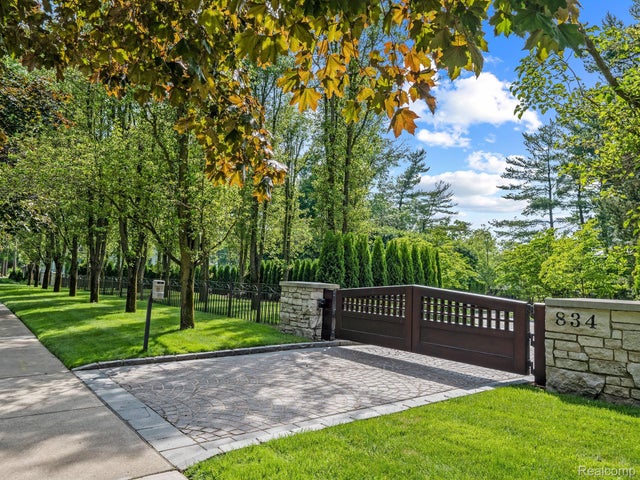
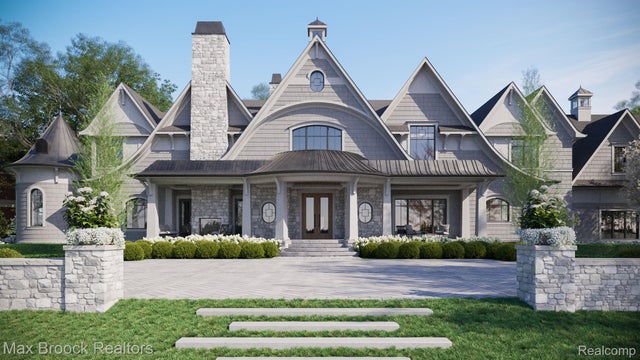
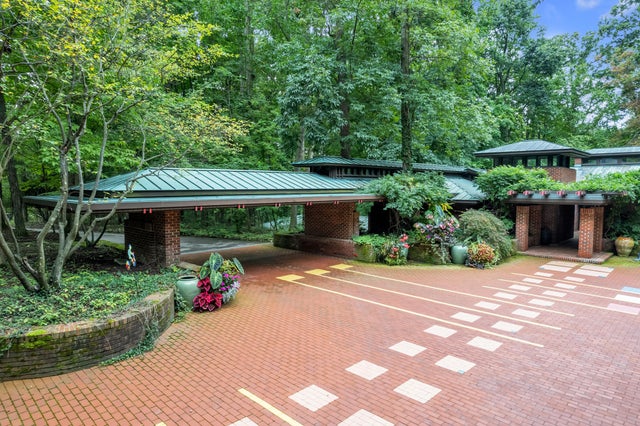
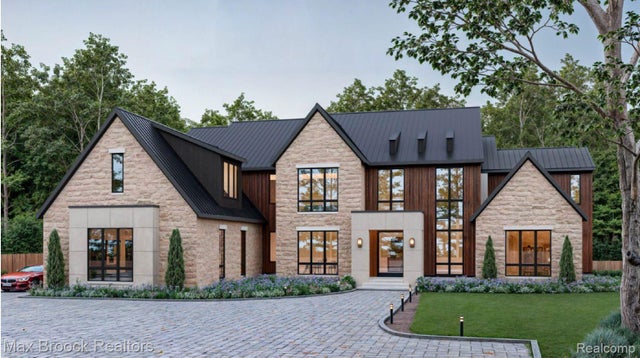
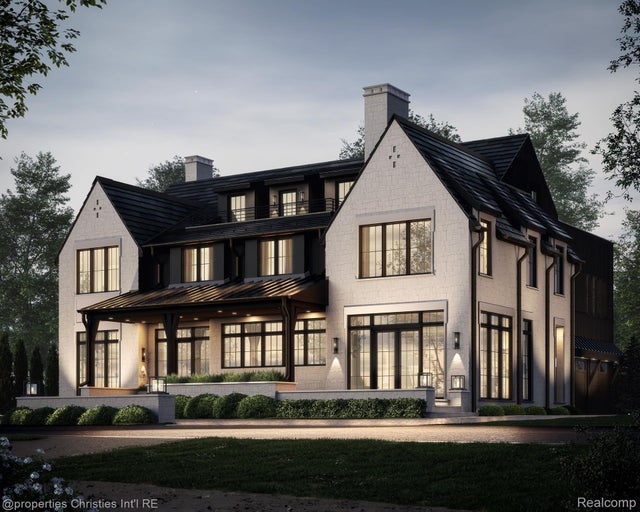
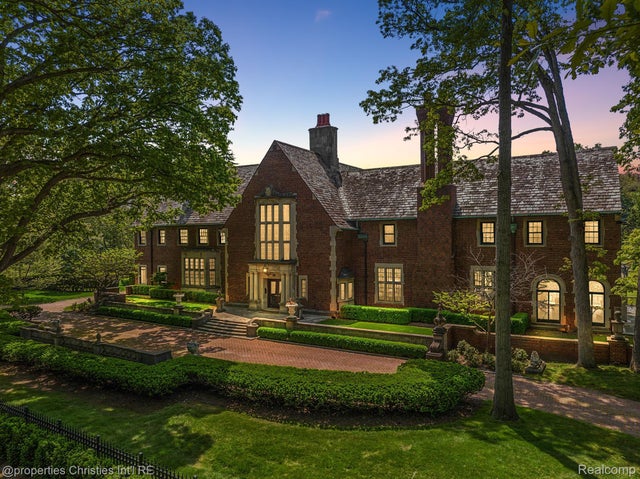
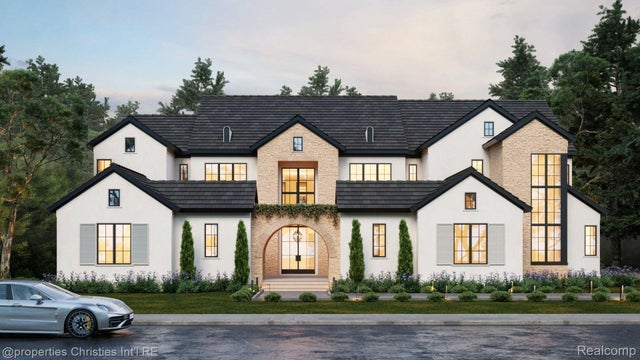
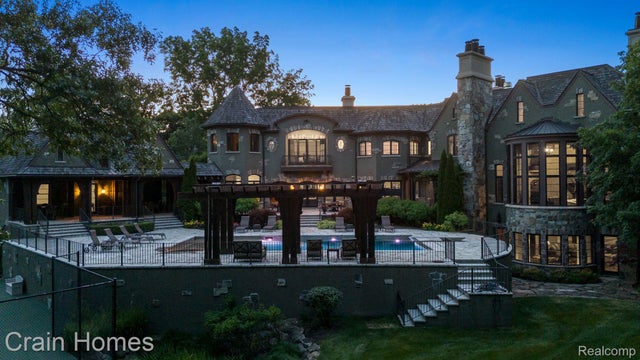
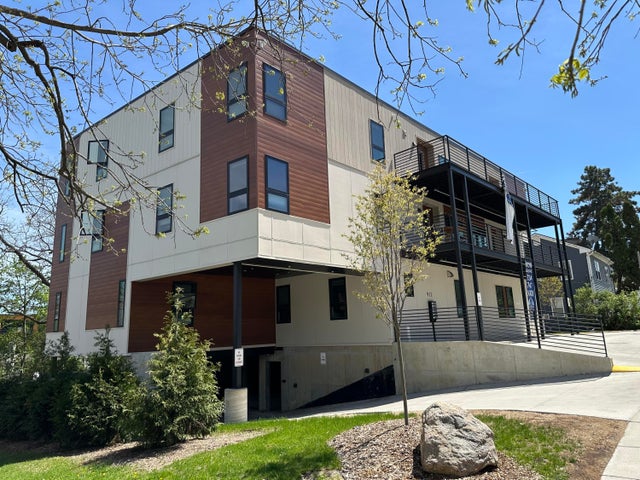
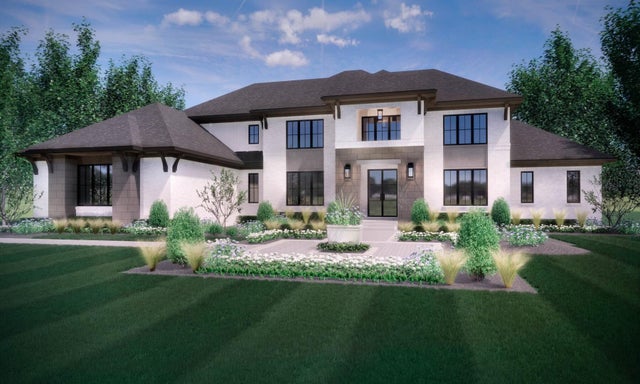
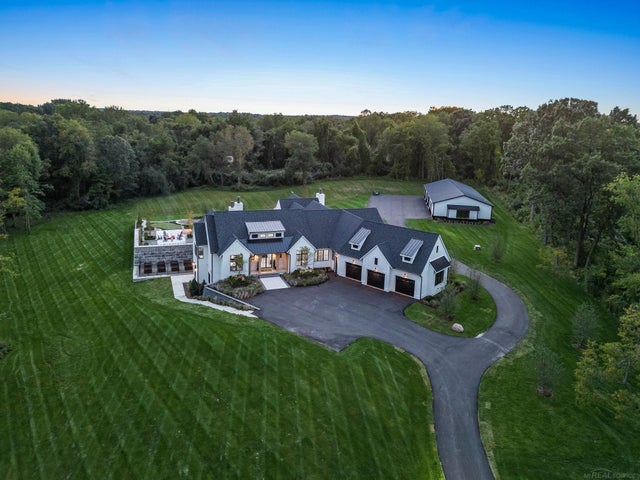
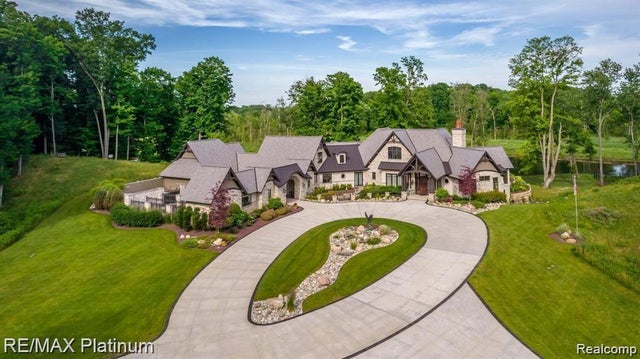
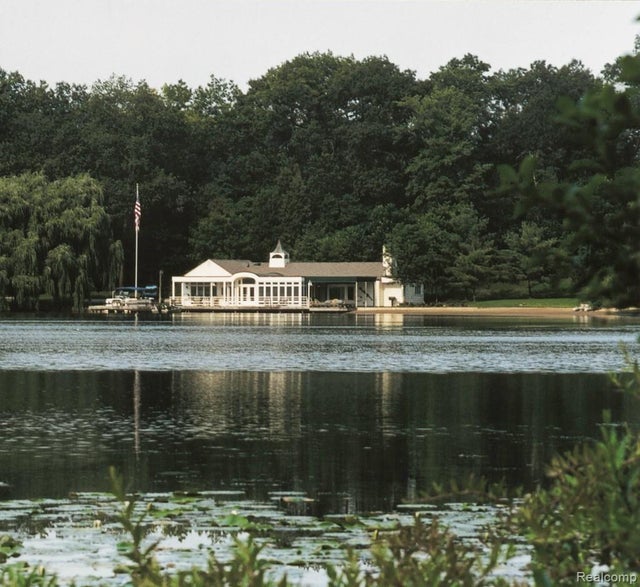
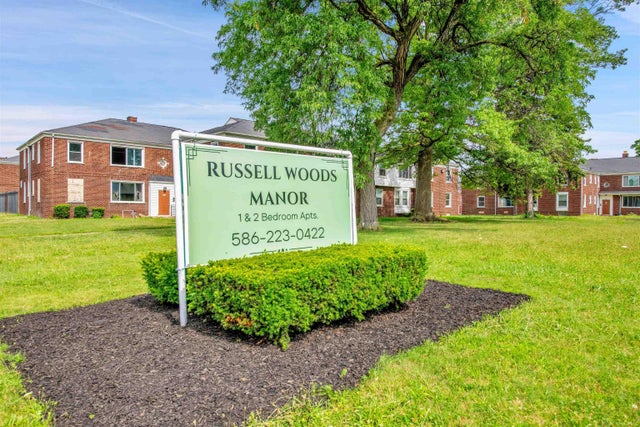
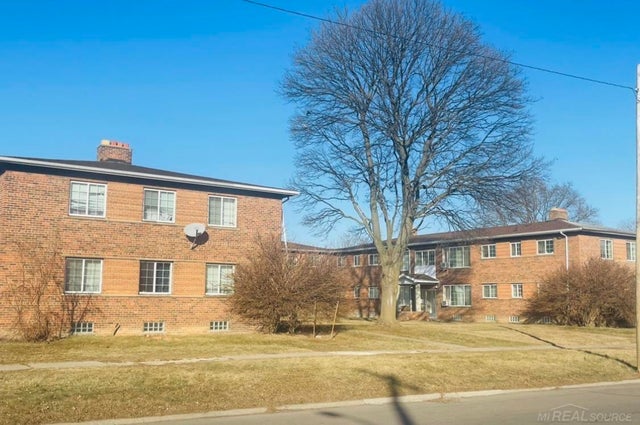

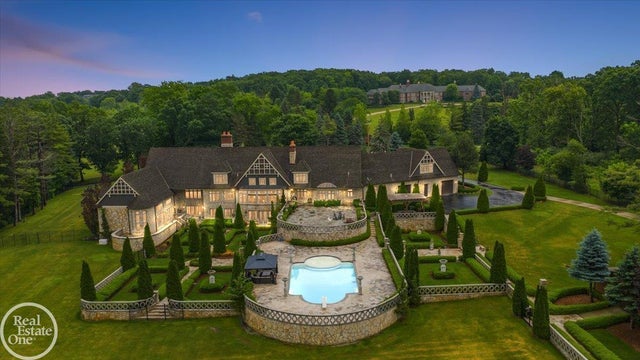
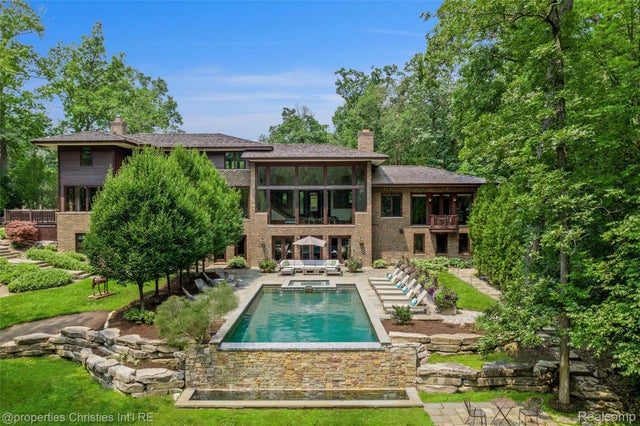
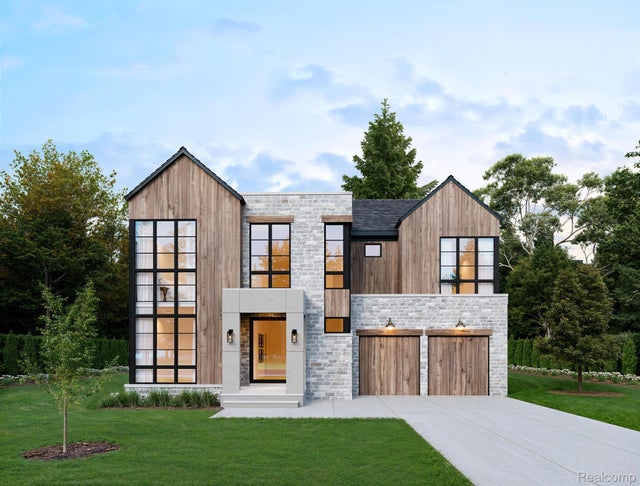
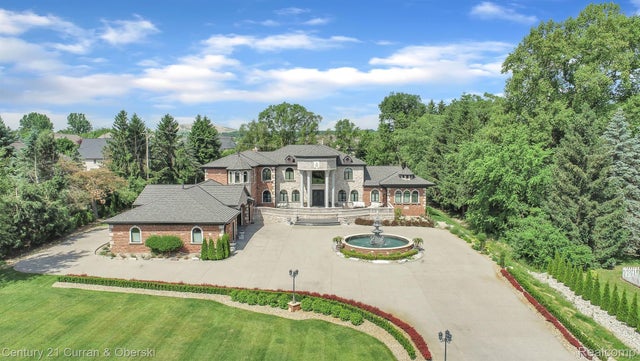
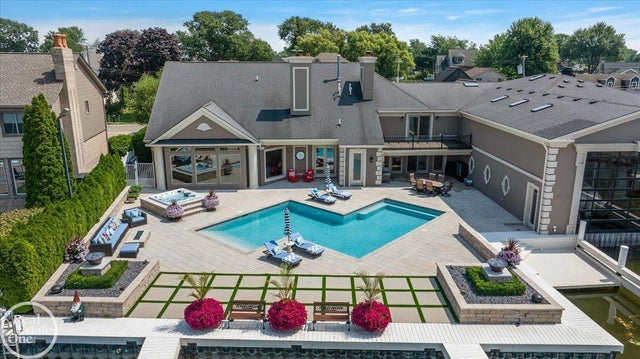
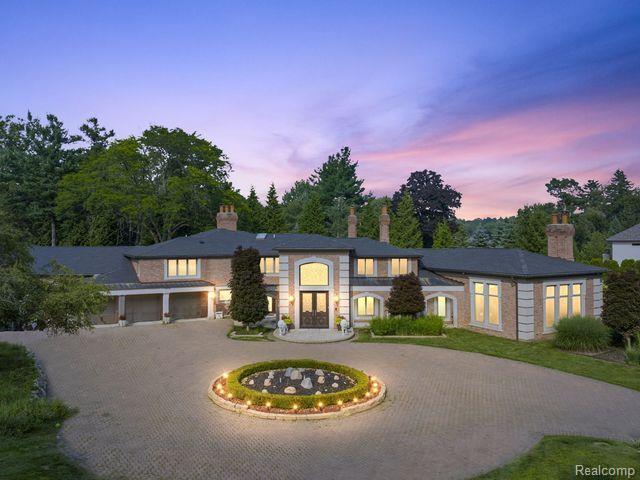
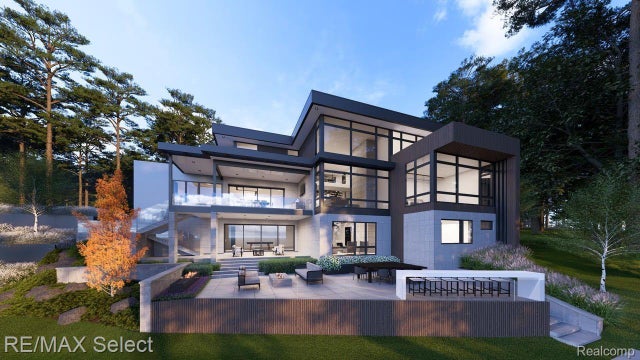
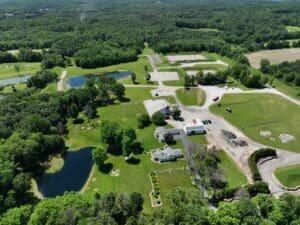
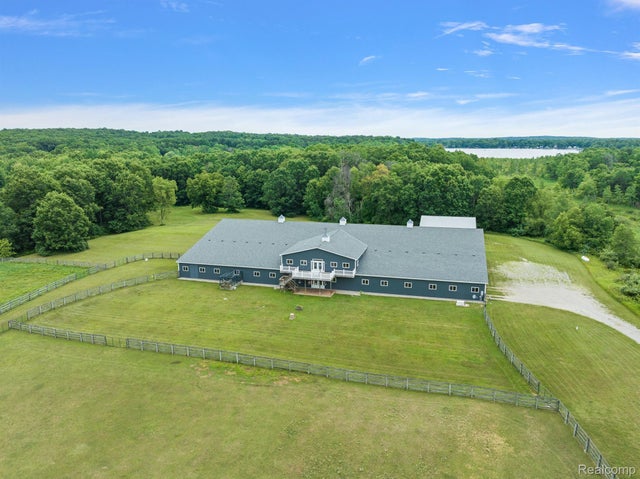
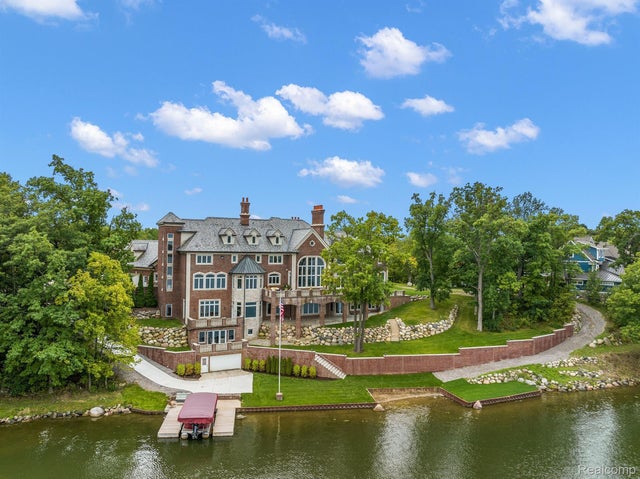
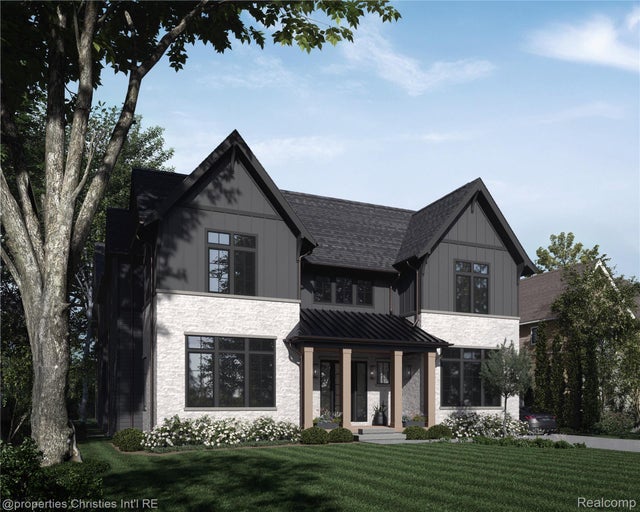
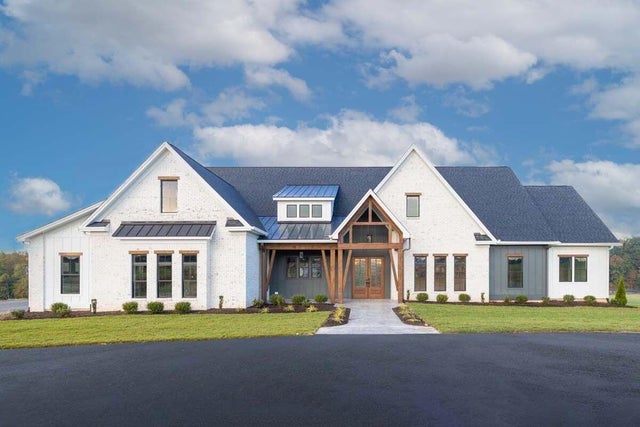
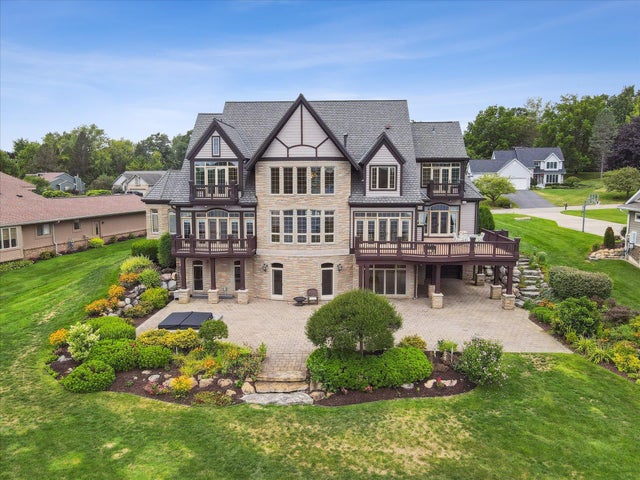
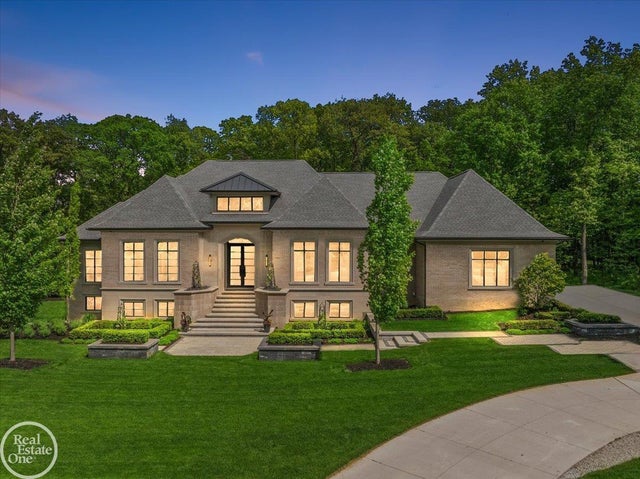
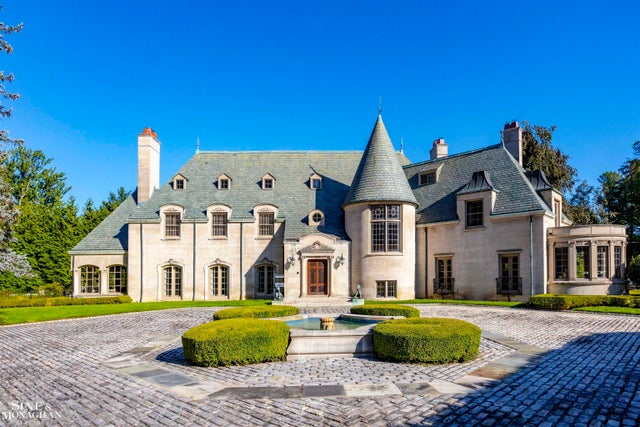
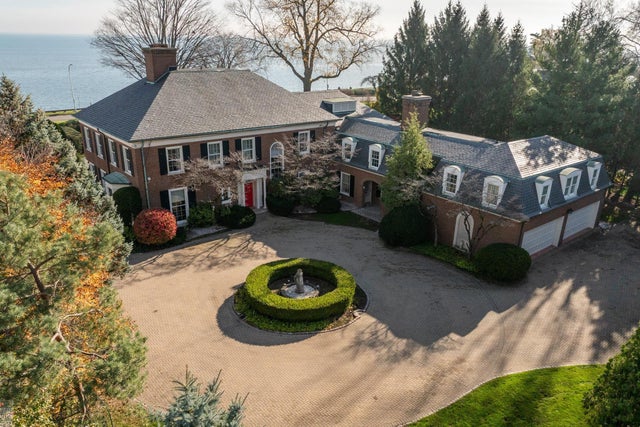
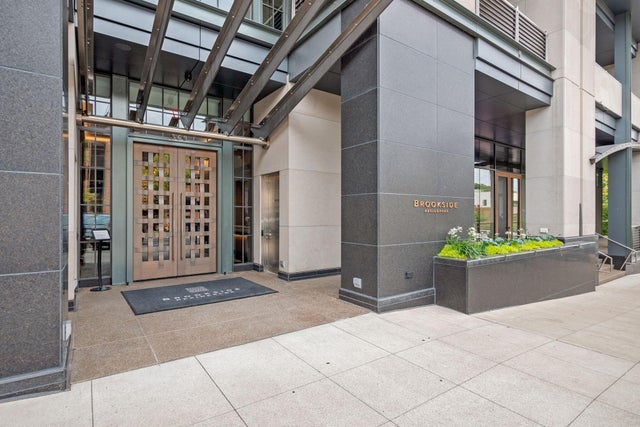
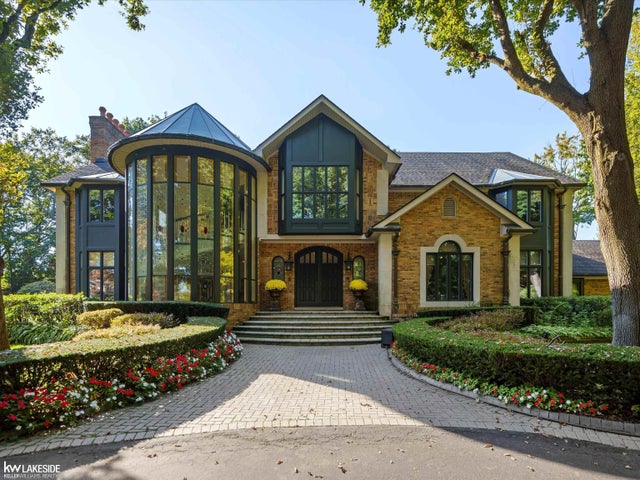
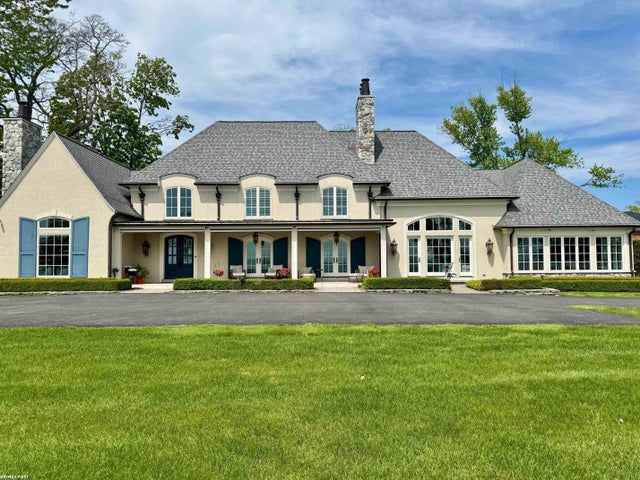
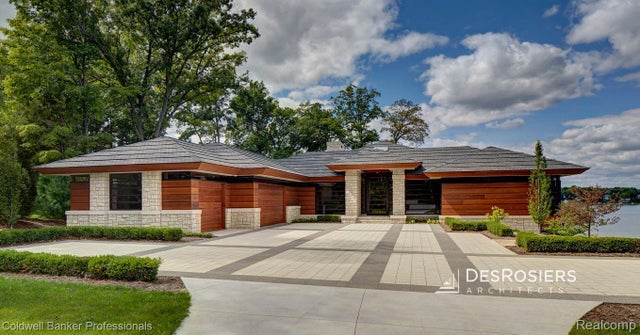
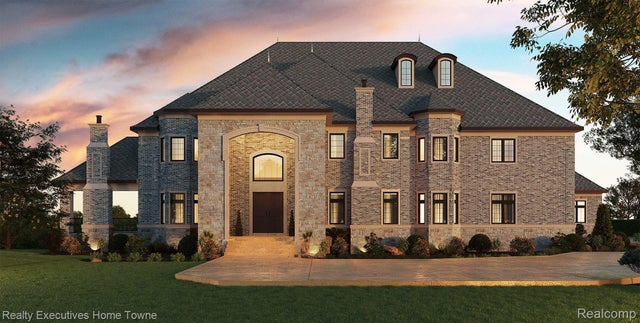
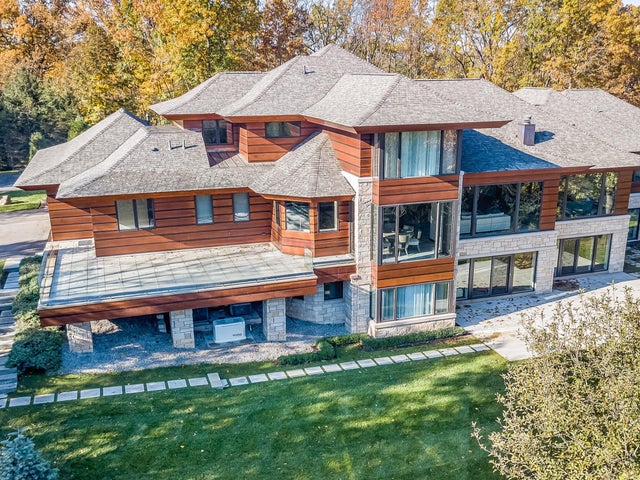
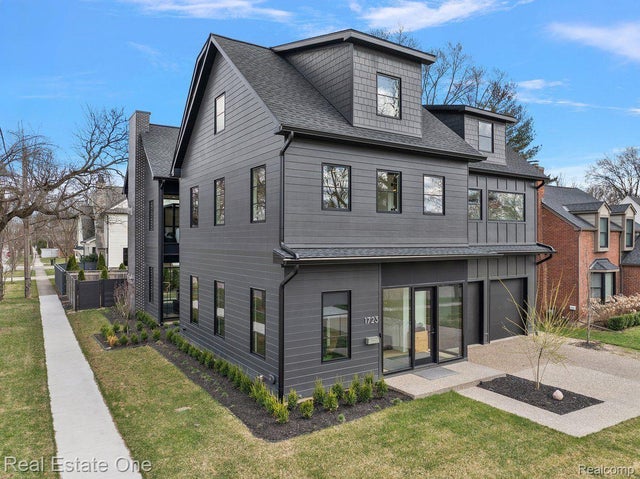
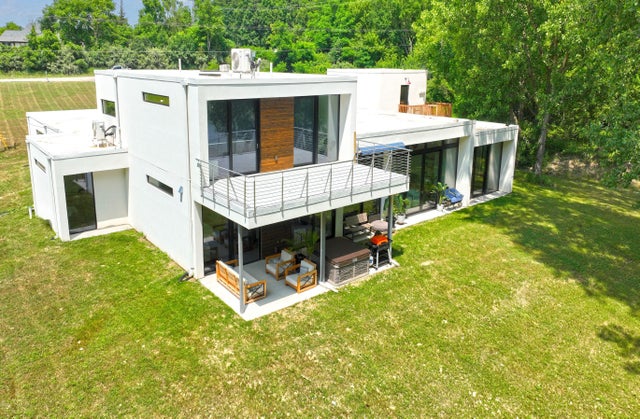

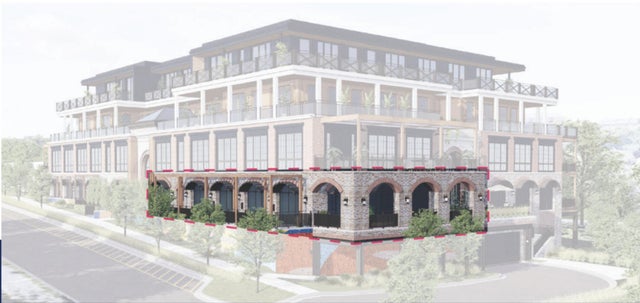
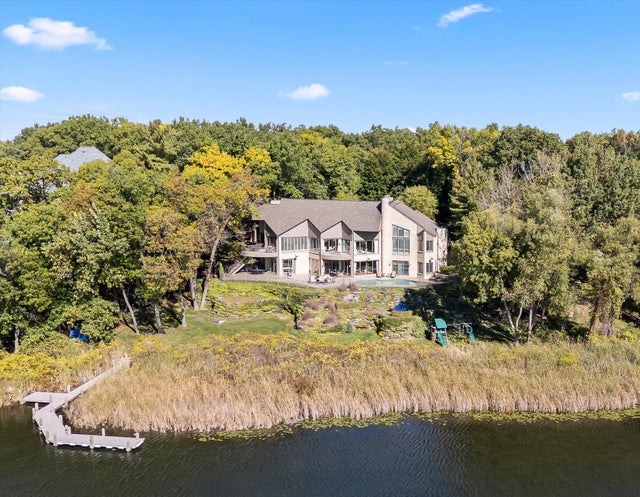
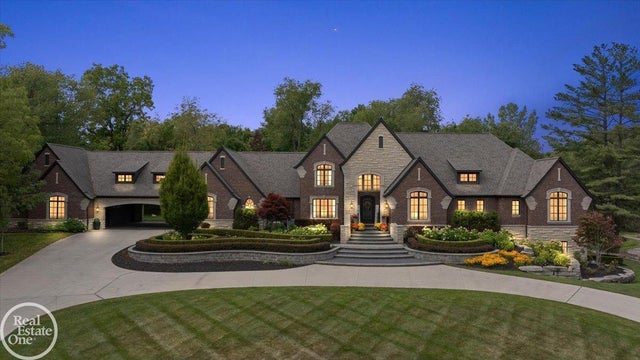
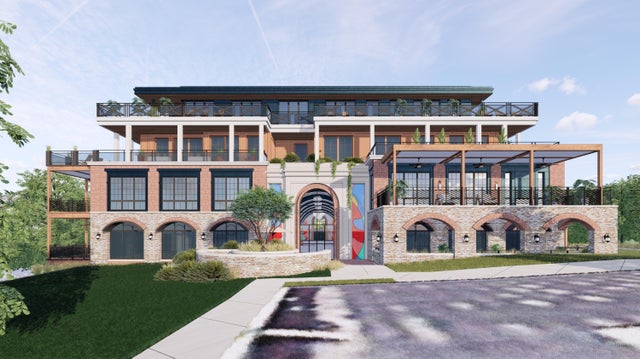
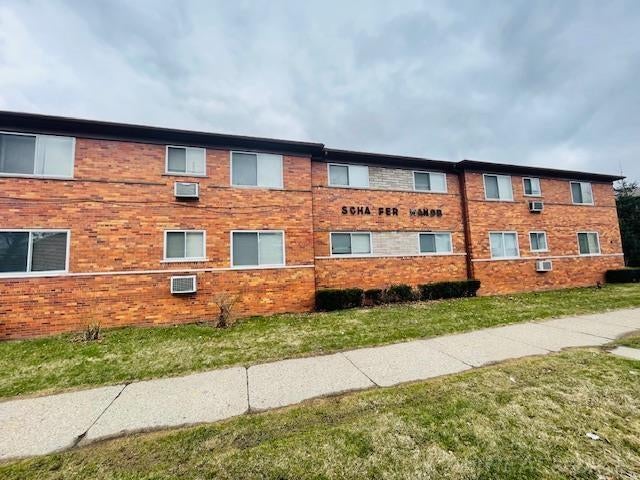
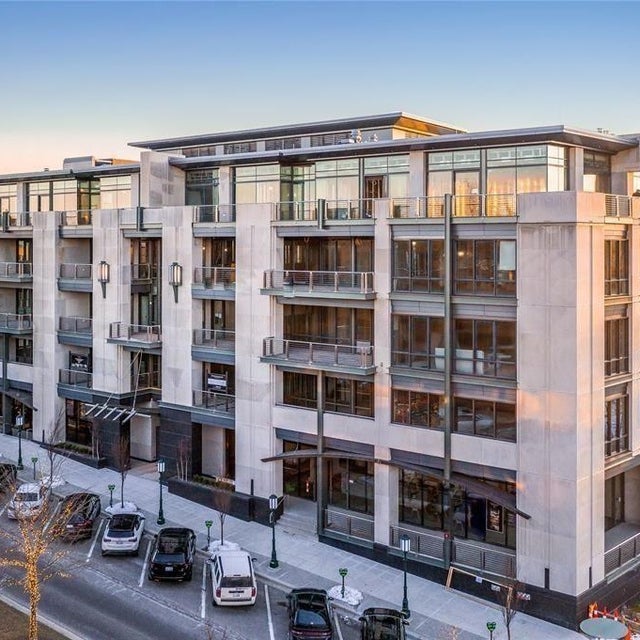
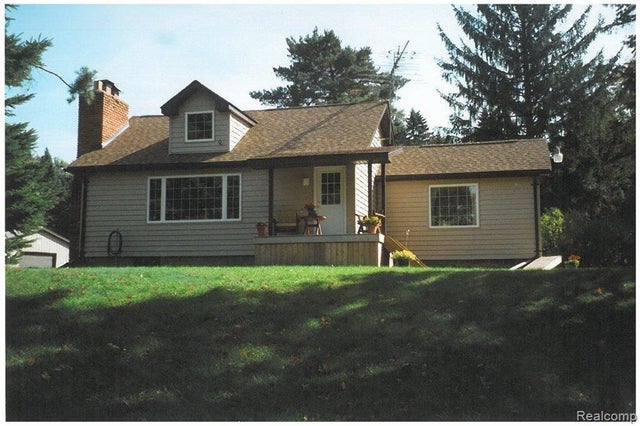
Leave A Comment